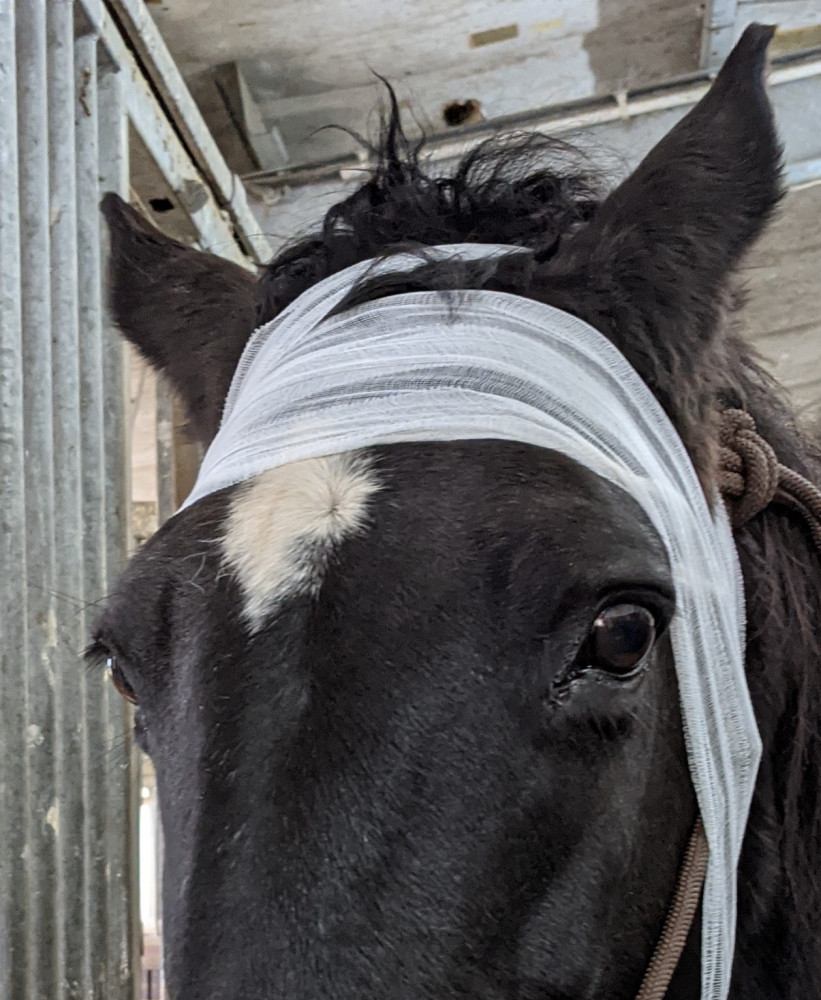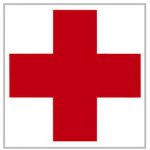Equine herpes – fatal disease without vaccination
 Equine herpes is a virus infection which can attack every horse. This virus gets transmitted through the direct contact between horses.
Equine herpes is a virus infection which can attack every horse. This virus gets transmitted through the direct contact between horses.
Moreover also shared cleaning utensils can transmit the virus from one horse to the other and is therefore a potential source of danger.
The disease is very dangerous and for horses it can even end in death. The best prevention is a vaccination by the vet. In the first months of 2012 several horses in Western Germany suffered from Equine herpes. Experts think that the virus was imported from the Netherlands.
What are the symptoms for Equine herpes?
The virus can cause several different symptoms:
- Miscarriage
- Respiratory disease and fiver
- Paralysis and problems with the coordination of the body
The symptoms can occur in many different ways. In worst case the virus can cause a dramatic health situation of the horse. In case of a respiratory disease the horse first gets fiver (about 39 degrees) before the animal suffers from cough and rhinorrhea. A paralysis however is the most dangerous case: the horse cannot move anymore and is stuck in his box.
Once the virus enters the organism it will stay in there forever (latent infection). However mostly horses only suffer from the symptoms in times of stress. This can be for example after a long and exhausting transport or an operation.
What can I do when my horse suffers from Equine herpes?
An early vaccination is the best prevention against Equine herpes and saves a lot of pain for the horse. After the first vaccination you need to repeat it every six months to keep up the vaccine protection.
It is crucial that all horse in a stable have a vaccination. Otherwise the virus can simply spread from box to box and many animals will suffer from great pain.
If horse owners notice the first symptoms of an Equine herpes they need to call a vet. He knows best what to do and even if he cannot eliminate the virus he is able to do something against the acute pain.
Surf tips:
- HYPP- Hyperkalemic Periodic Paralysis for Quarter Horses, Paint Horses and Others
- Anemia in Horses
- Horses with a kidney disease: symptoms, diagnosis, treatment
- Deworming of horses – information and tips
- Essential vitamins for horses
—All statements without guarantee—


2 Comments
Comments are closed.